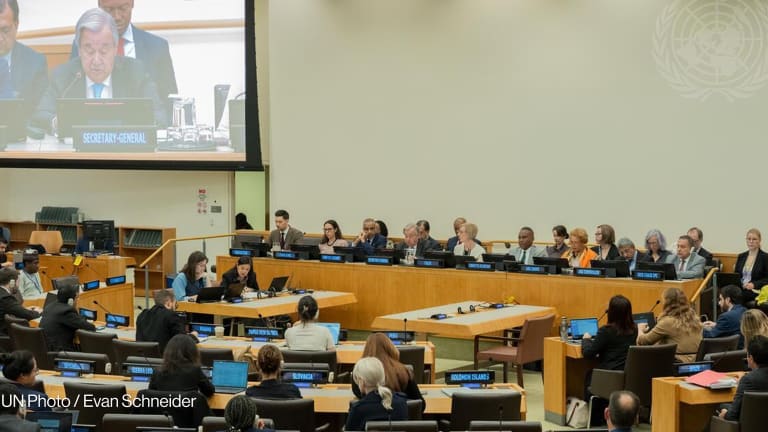The United Nations’ decision to relocate key agency offices to Nairobi is more than logistical — it’s a chance to decolonize global governance and center Africa, where it already plays an operational lead.
Earlier this year, it was announced by U.N. Secretary-General António Guterres and the government of Kenya that the global offices of UNICEF, UNFPA, and UN Women will be relocated — either in part or in full — to Nairobi by 2026. Some observers have framed the move narrowly as cost-saving, especially given a widespread spate of aid cuts across the world.
However, this narrative downplays the most significant aspect of the move — that it could well mark an encouraging step toward localizing the U.N., through redistributing decision-making power, leadership, and institutional presence to regions where its agencies operate most actively. Indeed, Guterres himself has emphasized that Africa is a priority and that investing in the continent is a duty for the U.N. It’s crucial.








